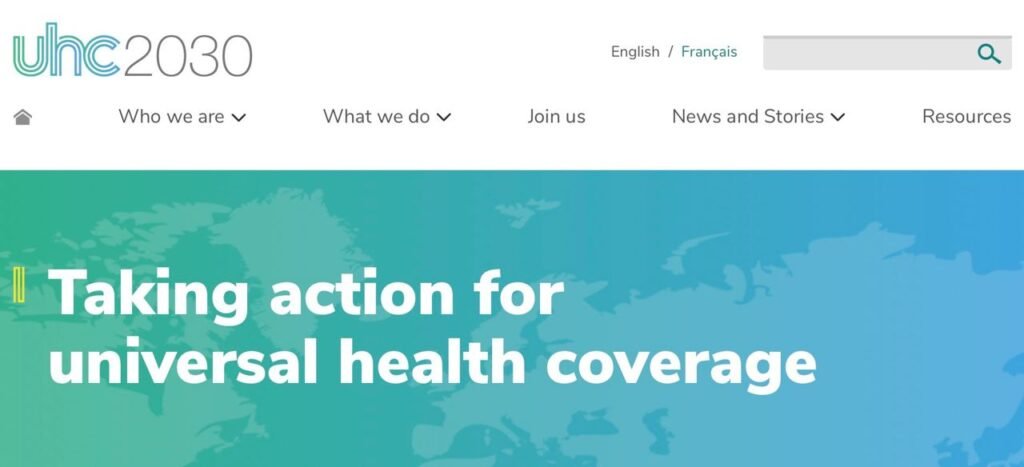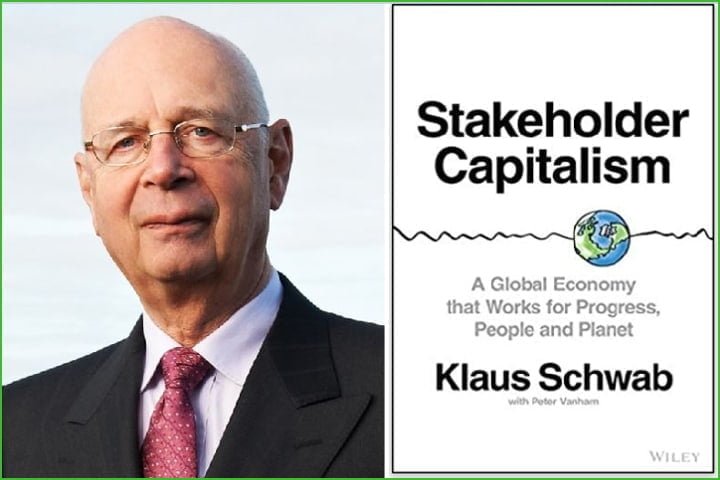by Whitney Webb, Unlimited Hangout:

TRUTH LIVES on at https://sgtreport.tv/
In the first part of this series, we looked at the United Nation’s (UN’s) Sustainable Development agenda. Contrary to most people’s perception of Sustainable Development Goals (SDGs), this agenda has little to do with environmentalism or reducing CO2 emissions.
Instead, it is a mechanism for introducing global governance and particularly global financial governance into every aspect of our lives and every corner of our society and polity. It enables the continuation of “the same debt imperialism long used by the Anglo-American Empire to entrap nations in a new, equally predatory system of global financial governance.”
Agenda 2030 was first outlined with General Assembly Resolution 70/1 (A/Res/70/1). In October 2015, this Resolution committed the UN to Transforming our world: the 2030 Agenda for Sustainable Development.
In UN parlance, “sustainability” is misleadingly used as a synonym for transformation. Nothing about the SDGs is as it first appears. The devil is omnipresent in the detail and, as with all SDGs, we should approach SDG 3, which the UN claims will “ensure healthy lives and promote well-being for all at all ages,” with considerable caution.
The UHC2030 Public-Private Partnership
The Universal Health Coverage agenda for 2030 (UHC2030) is a United Nations (UN) global public health initiative designed to achieve UN Agenda 2030 SDG 3.
UHC2030 claims to provide a “global platform and space for multiple stakeholders to connect, work together and influence national and international commitments.” The stated objective of these stakeholders is to make “quality health services available for all.”

In order to supposedly achieve SDG 3, UHC2030 brings together partners, or “stakeholders,” from both the public and the private sector to collaborate on the transformation of global healthcare. UHC2030 is a global public-private partnership (G3P) attempting to centralise worldwide control of healthcare.
In Part 1 of this series, we considered the 2016 report from UN-DESA, which found that G3Ps were not fit for purpose. The UN’s own investigators stated that a number of measures were required to make UN-G3Ps viable. Yet, to date, none of those improvements have been implemented.
UN-DESA noted that the commitment to G3Ps was “ideological.” The evidence shows that the UHC2030 global public-private partnership (UHC-G3P) is unlikely to deliver the claimed benefits. That is, if the real objective is to deliver quality health services to all.
Controlling public health policy and healthcare regulations at the world, national, regional and eventually local level is what the “sustainable development” of healthcare is all about. It is the “transformation” of healthcare everywhere.
So, who are the stakeholders and why do they want to “influence national and international commitments” to healthcare? Can they be trusted to deliver “quality health services” to everyone on Earth?
Or is there another agenda behind the stakeholders’ desire to transform our healthcare systems?
UHC2030 and Stakeholder Capitalism
G3Ps are formed of “stakeholders” based upon the idea, first promoted during the 1970s, of “stakeholder capitalism.” It proposes that the world will be a better place if multinational corporations act as “trustees of society.”
The legal definition of trustee: “the person appointed, or required by law, to execute a trust; one in whom an estate, interest, or power is vested, under an express or implied agreement to administer or exercise it for the benefit or to the use of another.”

Through the G3Ps that are set to provide “sustainable development” across the world, we are invited to accept that the Earth, all life and every aspect of our lives will be improved if global corporations are invested with the power to administer the entire global estate. The primary function of the governments we elect is to “enable” the transformation to take place.
The UHC-G3P consists of 83 national governments, including Iran, Lebanon, Somalia, Ghana, Uganda, Yemen, Myanmar, France, Germany, the UK, the US and Ukraine. Other nation-state partners contribute via multinational organisations.
For example, the Russian Federation is a UHC-G3P “partner” through the Inter-Parliamentary Union (IPU), International Labour Organisation (ILO) and the Asia-Europe Foundation (AEF). Similarly, China partners with the UHC-G3P through the AEF and Israel via the IPU. Numerous UN agencies, including the UNDP and the WHO, and various philanthropic foundations, such as the Bill and Melinda Gates Foundation and the Rockefeller Foundation, are also UHC-G3P stakeholder partners.
The primary UHC2030 objective is to “influence national and international commitments.” It is a G3P engaged in policy development. The subsequent “enabling environments,” funded by taxpayers, are enthusiastically endorsed by the UHC-G3P, which states:
Read More @ UnlimitedHangout.com



